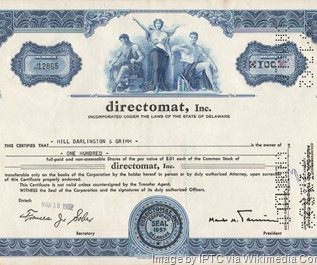What Founders Need to Know: You Were Funded for a Liquidity Event – Start Looking
Steve Blank
MARCH 16, 2016
Risk capital takes equity (stock ownership) in your company instead of debt (loans) in exchange for cash. Founders can now access the largest pool of risk capital that ever existed –in the form of Private Equity (Angel Investors, family offices , Venture Capitalists (VC’s) and Hedge Funds.). The Bad News.




































Let's personalize your content